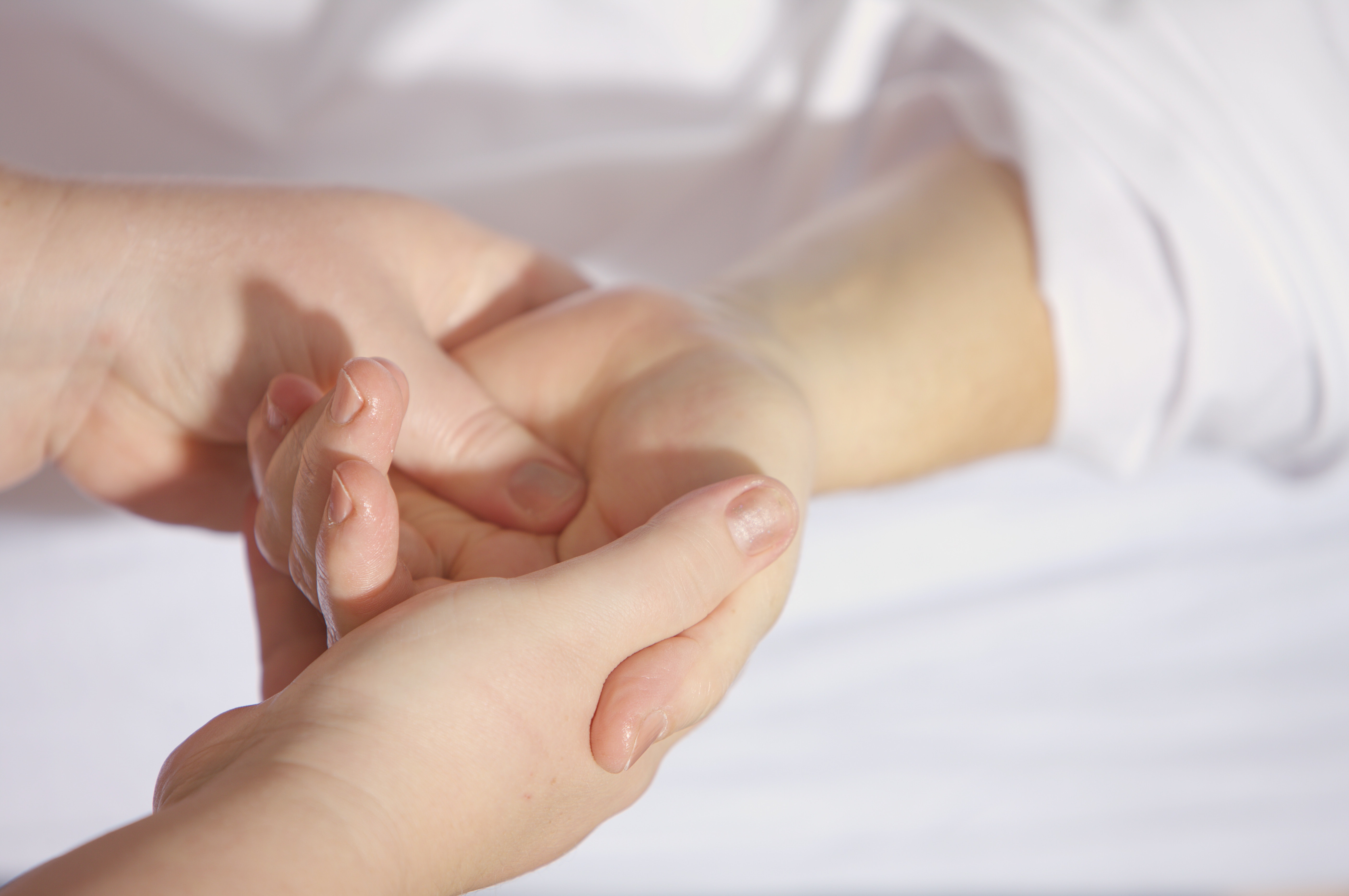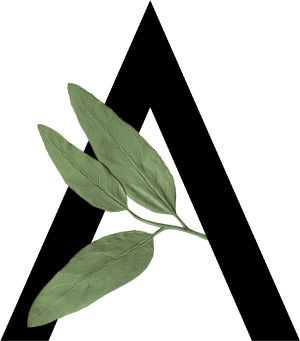How to use the past for the benefit of life?
The mere mention of a painful memory revives a hurt that seems to have been anchored in the depths of our being for a few months or many years. Recent research in neuroscience reveals that our memory is not a fixed process in time. It is possible to reactivate painful memories and free oneself from the raw emotions and mental blocks associated with them. Images, emotions and negatively coded perceptions in the emotional brain can be literally “reprogrammed.” These findings relate to one of Nietzsche’s famous maxims when he writes: “Using the past for living.” Here are some of the approaches that have demonstrated their effectiveness and benefits.

Psycho-corporal techniques
Psycho-corporal techniques are increasingly used in individual therapies and group workshops. Among them are EMDR and EFT, which are two simple approaches aimed at people of all ages wishing to free themselves from recent or chronic discomfort or harmful behaviour. These techniques seem to induce a release of emotions related to a trauma or a situation of the past.
EMDR (Eye Movement Desensitization and Reprocessing) is a technique recognized for its benefits worldwide, was developed by American psychotherapist Francine Shapiro in the late 1980s. EMDR relies on the brain’s ability to transform the information that causes trauma. It therefore allows us to “digest” the emotions embedded in our memory. The technique is to focus our attention on a painful memory and to welcome the feelings, emotions, perceptions and images related to it. The eyes’ alternating movement from left to right induces the emergence of different elements that allow the release of emotions related to difficult events.

EFT (Emotional Freedom Techniques) is a psycho-corporal technique that stimulates the points located on the meridians’ trajectories identified by Chinese medicine. Founded in 1993 by American engineer Gary Craig, it is, according to the author, “the emotional version of needle-free acupuncture.” Inspired by these fundamentals, EFT promotes the circulation of “energy” through the body.

The benefits of mindfulness
Like Eckhart Tolle in his famous book The Power of Now, the practice of mindfulness allows us to focus on the present moment and to fully aware of our emotions, thoughts and actions. Recent research reveals the benefits of mindlessness on reducing the stress and anxiety in our daily lives. It also demonstrates the positive influence of this practice on our troubled minds that often holds us in the past or causes us to fear the future. By being more and more present, we explore the different dimensions of our beings. We learn to listen and tame our vulnerability. We also discover unsuspected strengths and talents. We open the gateway to beneficial changes and conscious choices that are consistent with what motivates us internally.

The importance of forgiveness
Renowned psychiatrist Christophe André invites people to revisit their past and to forgive others who are linked to unpleasant memories. The author defines forgiveness as “the choice made by an injured or assaulted person to renounce resentment and revenge against his/her aggressor(s).” As he explains in his book La vie intérieure: “It is not about erasing, forgetting or trivializing what happened. To forgive is to decide to free oneself so as not to suffer any more.” Christophe André indicates that forgiveness is one of “the most difficult psychological efforts for a human being.” He invites everyone to find the courage to activate this important process.
The past tells our story. It is also a precious heritage. The emotional, social and cultural environment in which we grew up is our first step in life. Our journey is enriched over the years. When we look back, our faces are illuminated by remembering happy memories. If shadows of the past are sometimes a hindrance to our well-being, they can also become a positive and conscious springboard for our fulfillment and radiance.
Imane Lahlou
PhD in Food Science and Technology
Naturopath, Author and speaker
www.imanelahlou.com
